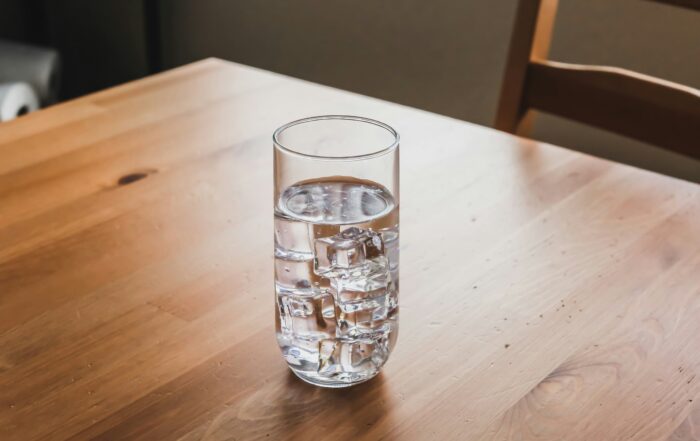Removing roadblocks for Highway 413
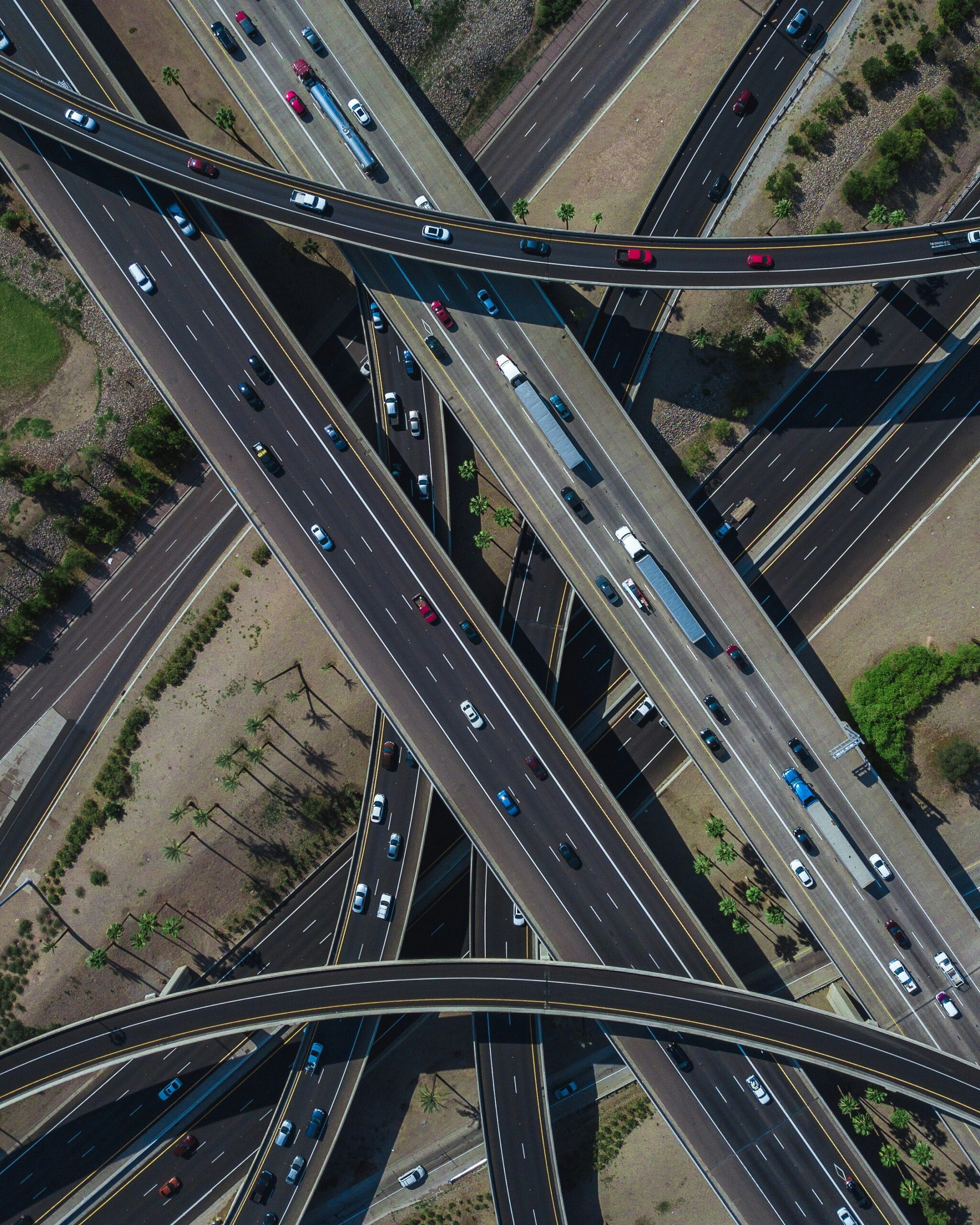
Photo: Jared Murray (Unsplash)
Following a Supreme Court ruling, the provincial and federal governments have reached a deal to proceed with the construction of Highway 413 using a new approach to environmental assessments.
In October of 2023, the Supreme Court of Canada ruled that the Impact Assessment Act previously used to review major construction projects infringes on provincial authority and is partially unconstitutional. Following this decision, the Ontario and Canadian governments requested that the Impact Assessment Act be put aside in favour of a collaborative process to assess and manage the issues around federal species at risk throughout Ontario’s project planning as it moves into the design stage.
“As Ontario advances on Highway 413, it is committed to building infrastructure in a responsible way that minimizes environmental impacts. Both Canada and Ontario have robust and transparent regulatory regimes to ensure the environment is protected before major projects are developed,” says the Government of Ontario news release.
The proposed highway will span a 52-kilometre stretch connecting regions of York, Peel and Halton with the aim to reducing congestion.
Superior effort removes more than 10 tons of plastic from the Great Lakes
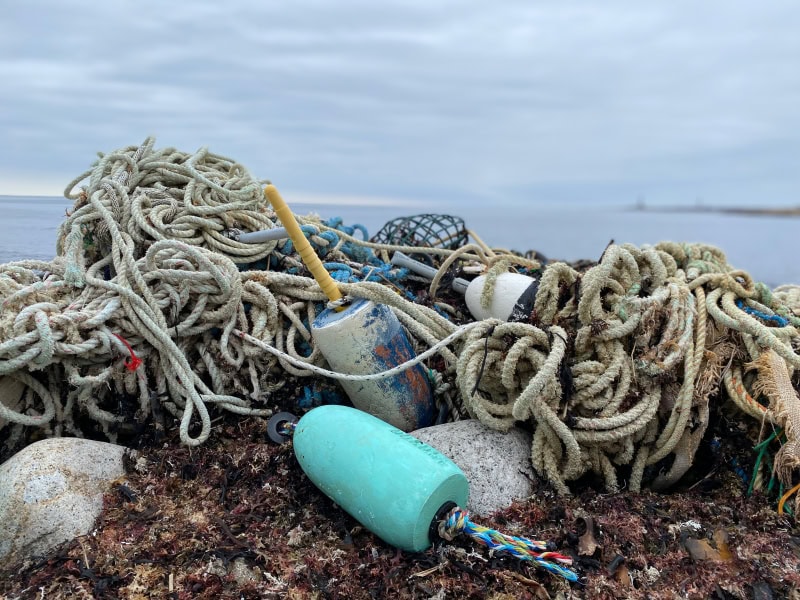
Marine Debris Photo (Credit: NOAA).
The Superior Watershed Partnership (SWP), in cooperation with local partners, combed more than 320 kilometres of Lake Superior shoreline and removed over nine Tonnes of anthropogenic debris.
The SWP used funding awarded by the National Oceanic and Atmospheric Administration (NOAA) Marine Debris Program to support hikers who removed debris from beaches along the shoreline and diving events for the Keweenaw Bay Indian Community, Bay Mills Indian Community, City of Marquette, and City of Munising.
Great Lakes Regional Coordinator for the NOAA Marine Debris Program, Haley Dalian said “We like to think of Lake Superior, the world’s largest freshwater lake, as a pristine and remote gem of the region. While it unfortunately faces marine debris issues that are common to all the Great Lakes, the Superior Watershed Partnership is making a real impact through their community-supported, large-scale debris removal.”
Anthropogenic debris is any solid, human-created waste that has been deliberately or accidentally released into the Great Lakes.
To address the marine debris problem in the Upper Peninsula, the SWP has organised its Great Lakes Climate Corps and community partners to enact a series of cleanups with local Tribes and coastal communities.
While the SWP has organized annual beach cleanups for more than two decades, NOAA funding enables the program to provide more services and serve more communities. Kathleen Henry, Education Specialist at SWP said “The SWP and GLCC are excited to continue implementing debris removal and cleanup events that benefit not only Lake Superior but also the communities that rely on the health of our Great Lake.”
Marine debris can interfere with navigation safety for boaters, impact aquatic habitats and injure or kill fish and other wildlife.
The debris includes both small and large forms of plastic, from microplastics to abandoned and derelict vessels. Sources of marine debris include stormwater runoff, litter, industrial activities and illegal dumping.
Debris removed from the recent SWP cleanups included tires, consumer waste such as plastic products, anchors, fishing gear, bicycles, household appliances and other assorted materials. The SWP plans to host additional cleanup events in 2024.
For more information, please contact Kathleen Henry at kathleen@superiorwatersheds.org
Fourth round of UN plastics treaty negotiations in Ottawa this week
Photo: Alan Bishop
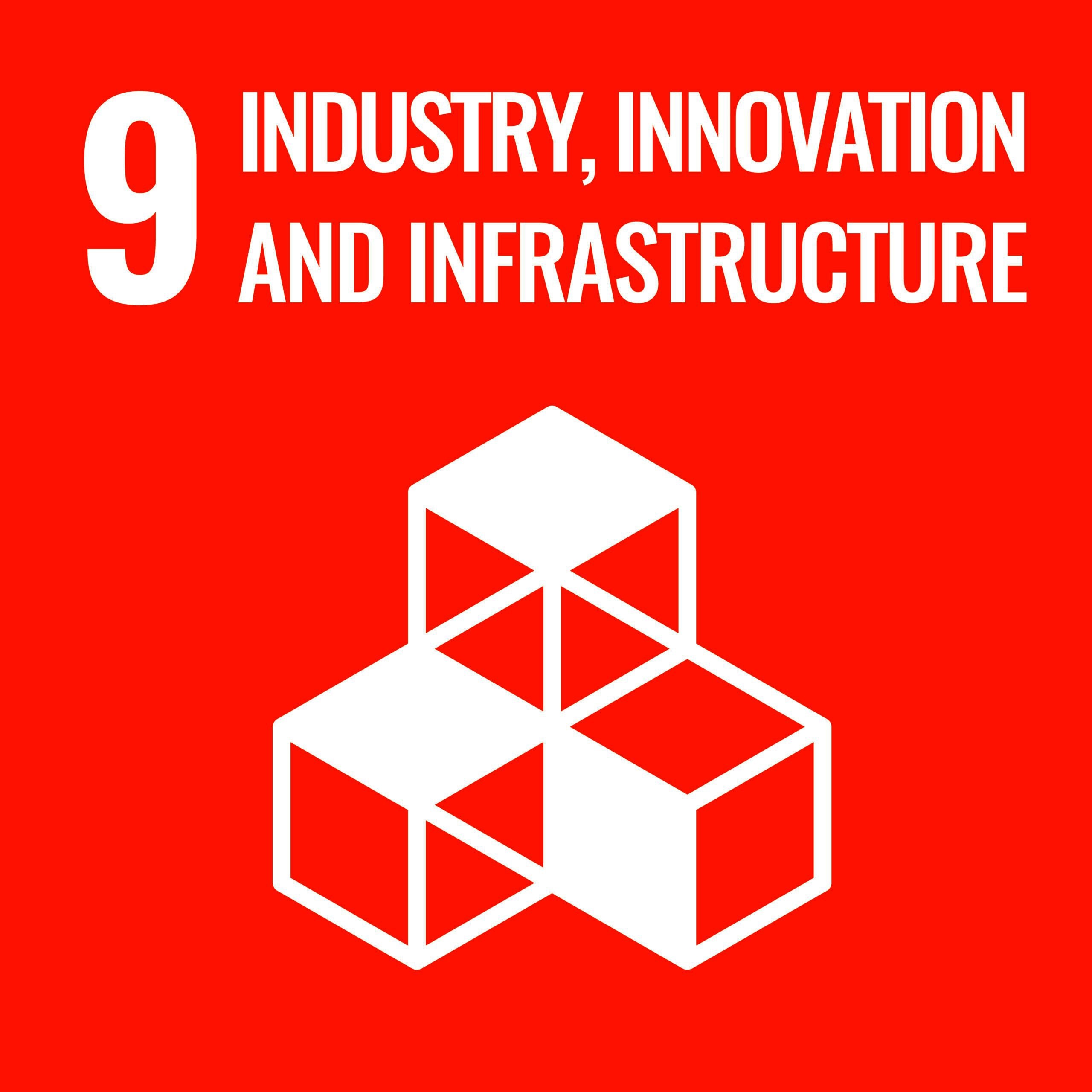
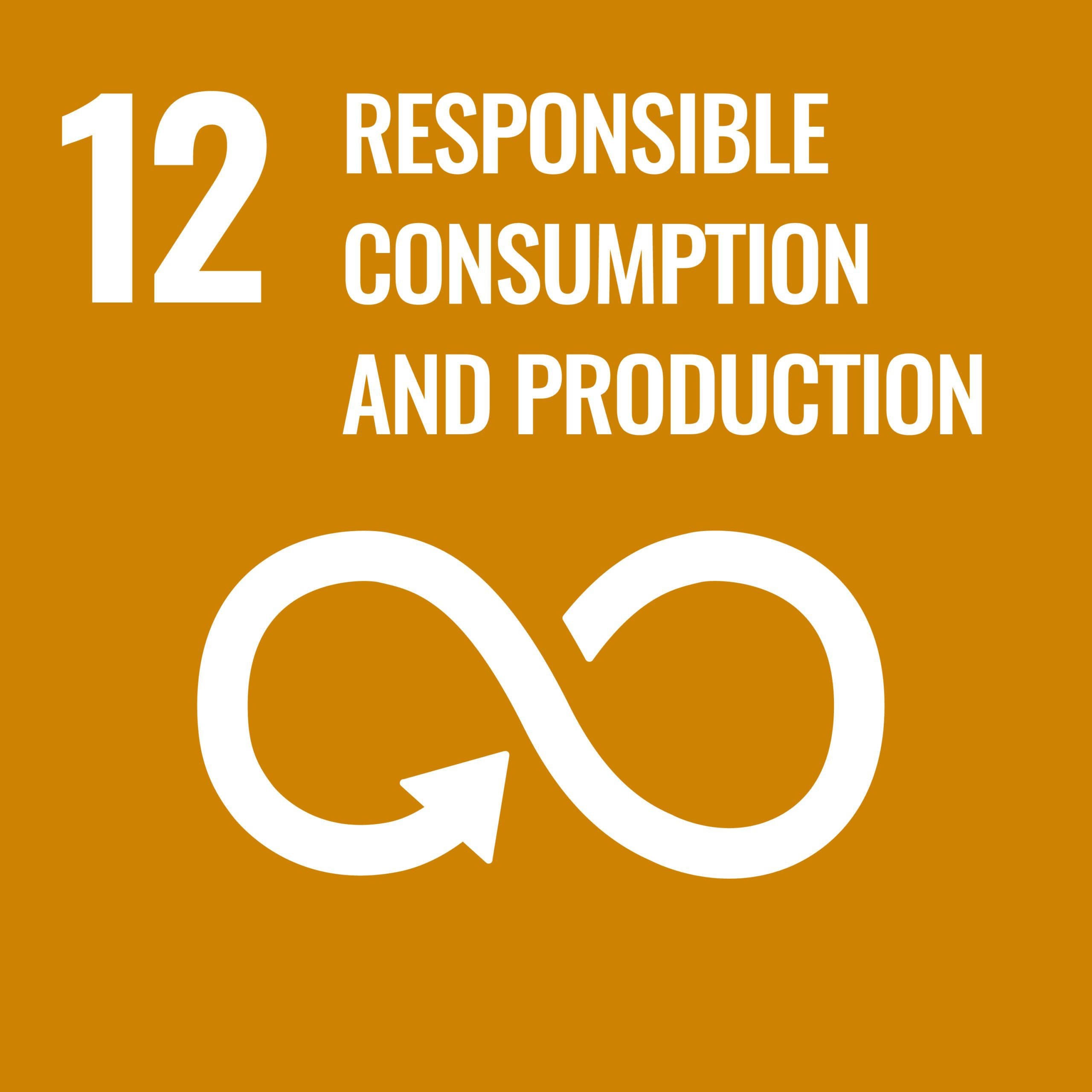
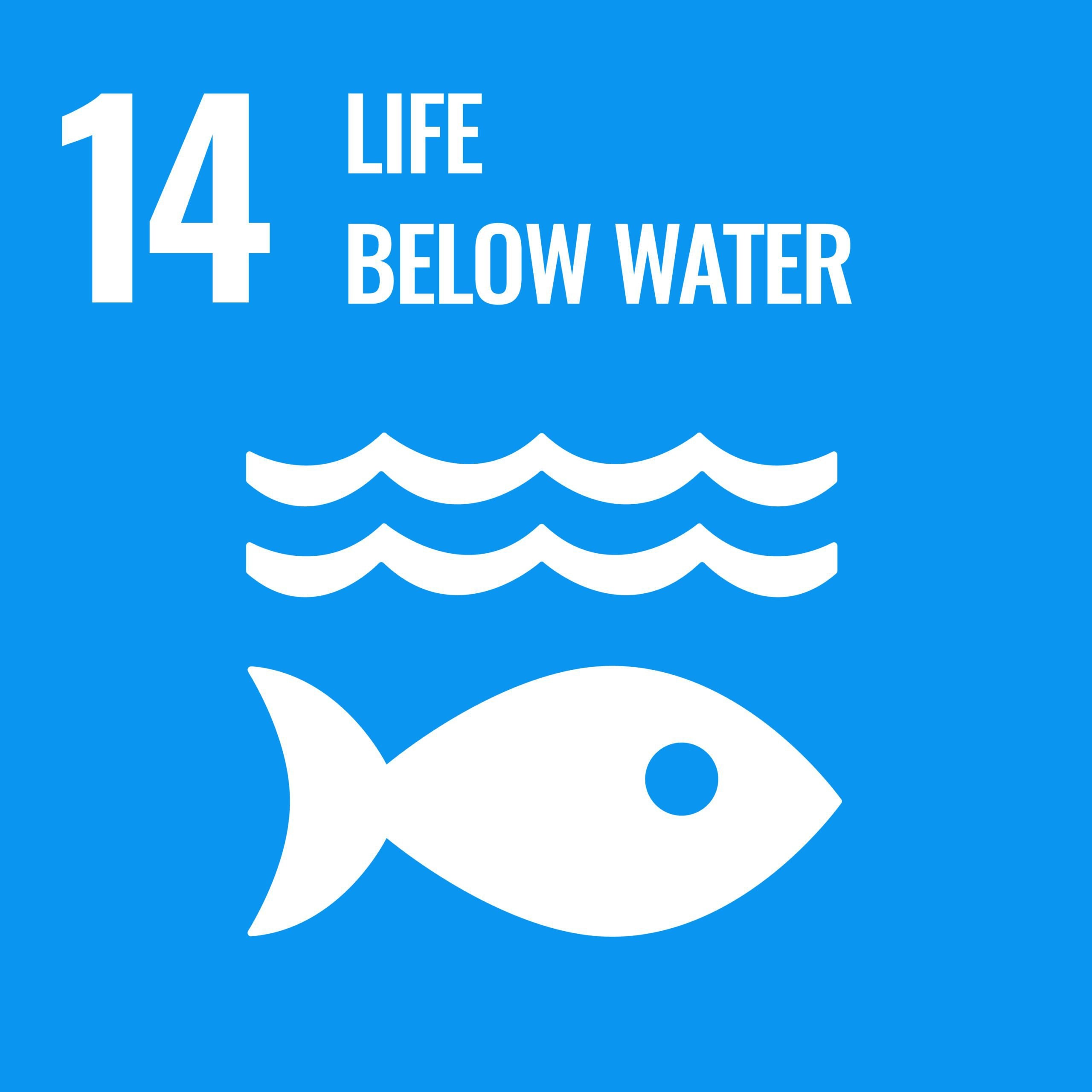
Yesterday in Ottawa, the Intergovernmental Negotiating Committee opened the fourth round of negotiations on a global treaty to tackle plastic pollution on land and in marine environments. However, concerns loom over the widening gap between nations’ positions, potentially jeopardizing the outcome of the talks. Despite the urgency of the issue, lobbying efforts from industry associations and fossil fuel-producing nations such as Iran, Russia, and Saudi Arabia have diverted discussions towards narrower targets such as recycling, while neglecting the broader scope of the problem.
Scientists find themselves sidelined in the process and unable to participate in the debates or even observe the discussions, inhibiting meaningful scientific input and evidence-based advice. Which ultimately limits consensus-building among nations and decision-making grounded in strong science.
The fifth and final Intergovernmental Negotiating Committee meeting will take place in Busan, South Korea from 25 November to 2 December 2024 and will be followed by a Diplomatic Conference where Heads of State will sign the agreement.


